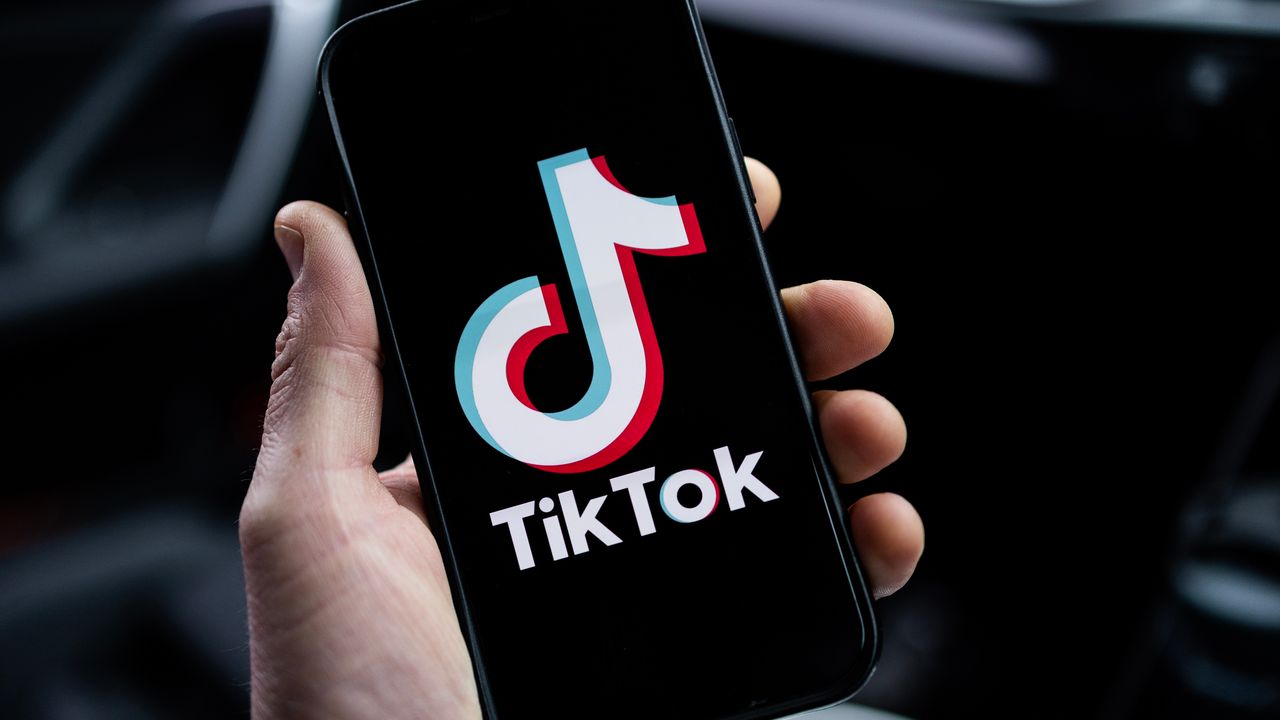On Friday morning, Donald Trump, in a much-anticipated phone call with China’s President, Xi Jinping, was expected to discuss a range of issues, including their two countries’ ongoing trade war, the fate of Taiwan, and a settlement to what has become a months-long international drama over TikTok, the Chinese-owned social-media app that briefly went dark in the U.S. earlier this year. The platform’s critics point to serious concerns with it, including that its use has widespread negative effects on the mental well-being of children and teens, that its content promotes pro-Chinese points of view, and that the company could endanger national security, given the giant trove of data it collects on its American users. After the call, near the end of a typically discursive Truth Social post, Trump announced, almost as an aside, that the issue had been approved: “The call was a very good one, we will be speaking again by phone, appreciate the TikTok approval, and both look forward to meeting at APEC!”
Last spring, in the final months of his term, President Biden signed a law that would shut down TikTok in the U.S. if the app’s stateside operations were not sold to an American entity by the last day of his Presidency. It was the culmination of years of bipartisan concerns that TikTok, which is owned by the Chinese company ByteDance, and its proprietary algorithm presented a national-security threat. TikTok sued the government and, nine days before the law was set to go into effect, during oral arguments before the Supreme Court, Justice Brett Kavanaugh suggested that the Chinese government could use the information gathered by the app to “develop spies, to turn people, to blackmail people—people who, a generation from now, will be working in the F.B.I. or the C.I.A. or in the State Department.”
The court upheld the ban and, for a mere fourteen hours, TikTok went dark in the U.S. But one of President Trump’s first actions when he returned to the White House on January 20th—with TikTok’s C.E.O., Shou Chew, in attendance at his Inauguration—was to sign an executive order that paused the ban for seventy-five days. “Essentially, with TikTok I have the right to sell it or close it,” Trump said at the time. The Attorney General, Pam Bondi, sent letters to major tech companies, including Apple and Google, asserting that Trump had the power to override the terms of a law that had been passed by Congress and upheld by the Supreme Court. “The President previously determined that an abrupt shutdown of the TikTok platform would interfere with the execution of the President’s constitutional duties to take care of the national security and foreign affairs,” Bondi wrote.
The President would go on to extend the pause four more times, the latest extension coming on September 16th. “We have a deal on TikTok,” Trump told reporters that day. “We have a group of very big companies that want to buy it.” After Biden signed the law, a flurry of potential bidders had surfaced. In January, I wrote about the billionaire internet activist Frank McCourt and his “people’s bid” for TikTok, which he used to draw attention to his vision of a data-autonomous web; the investor Kevin O’Leary, a.k.a. Mr. Wonderful, from “Shark Tank,” had joined the effort. Steven Mnuchin, the Treasury Secretary during Trump’s first term, had signalled that he was interested in buying TikTok with a group of investors, and the Wall Street Journal reported that Bobby Kotick, the former C.E.O. of the video-gaming company Activision, was similarly intrigued. But when I spoke to Kotick last winter, he told me that Elon Musk—the owner of X, Tesla, and SpaceX—who was then a close ally of President Trump’s, would make an ideal buyer.
One company, however, has long been associated with a potential TikTok deal: Oracle. During the first Trump Administration—when Trump himself tried to ban TikTok—Oracle was part of a negotiated compromise that allowed TikTok to continue operating in the U.S. In a partnership known as Project Texas, Oracle’s servers were chosen to host the data of American TikTok users. Some were skeptical that the plan alleviated national-security concerns. In a December, 2024, D.C. Circuit Court ruling, Judge Douglas Ginsburg wrote, “Even when TikTok’s voluntary mitigation measures have been fully implemented, the ‘source code supporting the TikTok platform, including the recommendation engine, will continue to be developed and maintained by ByteDance subsidiary employees, including in the United States and in China.’ ”
After signing the executive order delaying the ban, Trump put Vice-President J. D. Vance in charge of finding a solution. The assumption was that TikTok would bring on additional American investors to dilute Chinese shares, thus satisfying the requirement of an American owner. In March, Oracle held talks with congressional leaders about the deal. One person privy to the discussions told Politico that the proposal would make the government dependent on Oracle’s security guarantees. “If the Oracle deal moves forward, you still have this [algorithm] controlled by the Chinese,” the person said. “That means all you are doing is saying ‘trust Oracle’ to disseminate the data and guarantee there is no ‘back door’ to the data.” Amazon entered the fray with a last-minute bid. But Trump’s stringent tariffs on Chinese goods killed the deal, and he decided to delay any decision—his initial order was set to expire in early April—while negotiations continued behind the scenes.


